This article was co-authored by wikiHow staff writer, Amber Crain. Amber Crain has been a member of wikiHow’s writing staff for the last six years. She graduated from the University of Houston where she majored in Classical Studies and minored in Painting. Before coming to wikiHow, she worked in a variety of industries including marketing, education, and music journalism. She's been a radio DJ for 10+ years and currently DJs a biweekly music program on the award-winning internet radio station DKFM. Her work at wikiHow supports her lifelong passion for learning and her belief that knowledge belongs to anyone who desires to seek it.
There are 9 references cited in this article, which can be found at the bottom of the page.
This article has been viewed 1,143 times.
Learn more...
You're seeing the phrase "low vibration" all over the internet lately, but what exactly does that mean? How do you spot a "low vibration person" and is it possible to raise vibrations to a higher frequency? Well, you've come to the right place. In this article, we'll explain what "low vibration" means and go over the common signs. We'll also share helpful tips you can use to raise your vibrations if they happen to be low. Read on to start your journey!
Things You Should Know
- Low vibration is a spiritual energy frequency associated with negative emotions. High vibration frequencies are associated with happiness and positivity.
- Signs of low vibrational energy include persistent feelings of sadness or anger, sluggish thinking, constant fatigue, and apathy.
- To raise your vibrations, surround yourself with positive people, eat nutritious food, and incorporate meditation or deep breathing exercises into your daily life.
Steps
10 Signs of Low Vibrational Energy
-
1Feeling lost or adrift It's totally normal to feel a bit off-course sometimes—everyone does. But if "lost" feels more like your default setting lately, it can be a little disorienting. If you can't seem to find your internal compass and getting back on track feels impossible on most days, low vibrational energy might be the reason.
-
2Repressing emotions When you feel resentment, jealousy, or bitterness, it may seem like the only solution is to lock those feelings up in the basement of your mind. Repression always seems like a good idea at first, but the feelings aren't really gone. Deep down you know you're steeping in a toxic brew of bad vibes, and it worries you.
-
3Persistent feelings of sadness or anger No matter what you do, you can't seem to escape the storm clouds. You often feel gloomy or just plain mad—sometimes both—and you aren't even sure why. As a result, you tend to be moody and argumentative around other people. You see yourself lashing out and you desperately want to stop, but it feels like you can't control it.
-
4Constant fatigue Do you often wake up feeling exhausted? Maybe your simple to-do list feels like a roster of Herculean tasks—you just don't have the energy these days. And no amount of caffeine seems to help (although that doesn't stop you from chugging another coffee and hoping for the best). If this sounds familiar, low vibrations might be the culprit.
-
5Avoiding people and social events Maybe you've always been an introvert, and there's nothing wrong with that. But lately, the very thought of socializing is abhorrent. That little voice inside your head (which we all have) has convinced you that people don't like you and you've got nothing to offer—so you might as well stay home. Those things absolutely aren't true, by the way!
-
6Mental fog or sluggish thinking You can't remember the last time you had a clear thought, and it's been a minute since you've brought your A game in any capacity. Maybe your performance at school or work has even suffered as a result, and you seriously need to find a solution. Raising your vibrations might be the answer you're looking for.
-
7General apathy People often say "I don't care," when in fact, they care a lot. But you? You're being dead serious when you say it—you really do not care anymore. Not one bit. You're fully unbothered, and it's honestly such a relief, right? Or that's what you've been telling yourself. Deep down, though, you know apathy isn't your speed. You just aren't sure what to do about it.
-
8Poor diet You want to eat healthy food, but it seems like you can't help yourself when it comes to making unhealthy diet choices. Maybe your New Years resolution was to eat more veggies and cut down on packaged foods, and you swear you're going to start on that...tomorrow. Or maybe after the weekend.
-
9Cluttered home or workspace Keeping your space neat seems a bit pointless—after all, you're just going to mess it up again tomorrow! So why tidy up at all? Beyond that, cleaning and organizing your environment would require energy that you simply don't have at the moment. But you'll get to it. Eventually.
-
10Physical symptoms like headaches or digestive issues You can't remember the last time you felt physically at 100%. Headaches, tummy troubles, skin issues, fatigue—it's always something, and it really bothers you. You've even been to see a doctor (maybe more than once), but they keep telling you nothing is medically wrong.
Signs of High Vibrational Energy
-
1You have a network of positive people in your life. You surround yourself with people who lift you up and support you. It almost feels like good people are just naturally drawn to you. In fact, high vibrational people are attracted to each other's frequencies, so that's essentially exactly what's happening![12]
-
2You’re sensitive, intuitive, and empathic. When you walk into a room, people gravitate in your direction. You find it easy to strike up conversations with people (even strangers), and you’re surprised by how often people confide in you.
-
3You have goals and dreams for the future. You have things to do! You're a planner, and you're pretty serious about your daily, weekly, and monthly to-do lists so you can keep meeting goals. You know exactly where you'll be in 5 years' time because you're determined to make your dreams reality.
-
4You rarely feel anger or jealousy. You're incredibly slow to anger and always think before you speak. And you absolutely love it when good things happen to others, because they deserve it! Feeling jealousy like that just doesn't resonate with you at all.
-
5You’re physically fit and energetic. You hit the gym or the running trail on the regular without fail. Being physically fit is really important to you and exercise never really feels like a chore. And when you do decide to give yourself a rest day, you certainly don't feel bad about it! Everyone needs a break sometimes.
-
6You make it a point to eat a healthy diet. You've noticed that certain foods make you feel better than others—in particular, fresh fruit and veggies are your jam. You think of food as medicine and pay close attention to what you put into your body every day.
-
7Your work and living spaces are clean and neat. You really can't seem to think straight if the area around you is a mess, so you always take the time to tidy up your surroundings. Organizing your environment helps you feel clear-headed, relaxed, and ready to tackle whatever comes next.[13]
-
8You engage in meditation and mindfulness practices. Deep breathing exercises, hot yoga, visualization techniques, positive affirmations—you've tried 'em all! And while you don't practice all of them daily, you make time for the ones that resonate with you.
-
9You’re emotionally balanced and open. Your moods vary, of course—you're only human! But for the most part, you stay on a pretty even keel. When you experience a negative emotion, you take time to sit with that feeling and figure out what it stems from. That way, you can process whatever you're dealing with and let it go.
-
10You practice some form of gratitude every day. Life is pretty great, so it's easy to feel thankful most of the time. Nevertheless, it's important for you to practice gratitude in a more tangible way by making gratitude lists, journaling, and volunteering in your community.[14]
References
- ↑ https://chopra.com/articles/a-complete-guide-to-raise-your-vibration
- ↑ https://www.spiritualityhealth.com/blogs/conscious-living/2015/05/26/bianca-alexander-10-ways-raise-your-vibration
- ↑ https://www.health.harvard.edu/healthbeat/giving-thanks-can-make-you-happier
- ↑ https://www.withinmeditation.com/blog/2021/6/10/great-ways-to-clean-your-homes-energy-and-raise-your-vibrations
- ↑ https://www.spiritualityhealth.com/blogs/conscious-living/2015/05/26/bianca-alexander-10-ways-raise-your-vibration
- ↑ https://chopra.com/articles/a-complete-guide-to-raise-your-vibration
- ↑ https://www.withinmeditation.com/blog/2021/6/10/great-ways-to-clean-your-homes-energy-and-raise-your-vibrations
- ↑ https://www.shape.com/lifestyle/mind-and-body/how-to-raise-your-vibration
- ↑ https://www.withinmeditation.com/blog/2021/6/10/great-ways-to-clean-your-homes-energy-and-raise-your-vibrations
- ↑ https://www.spiritualityhealth.com/blogs/conscious-living/2015/05/26/bianca-alexander-10-ways-raise-your-vibration
- ↑ https://health.clevelandclinic.org/put-the-phone-away-3-reasons-why-looking-at-it-before-bed-is-a-bad-habit/
- ↑ https://themanifestationcollective.co/10-ways-to-raise-your-vibrations/
- ↑ https://www.spiritualityhealth.com/blogs/conscious-living/2015/05/26/bianca-alexander-10-ways-raise-your-vibration
- ↑ https://www.spiritualityhealth.com/blogs/conscious-living/2015/05/26/bianca-alexander-10-ways-raise-your-vibration
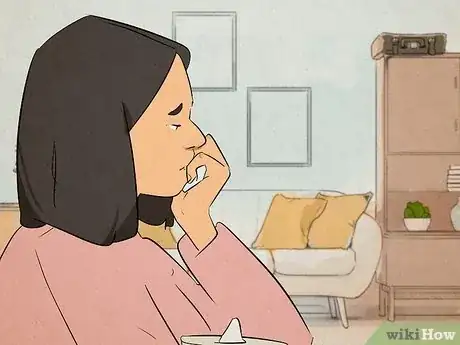


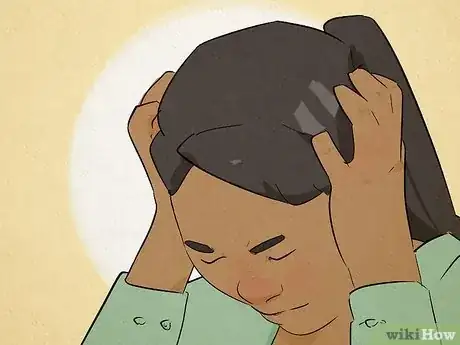





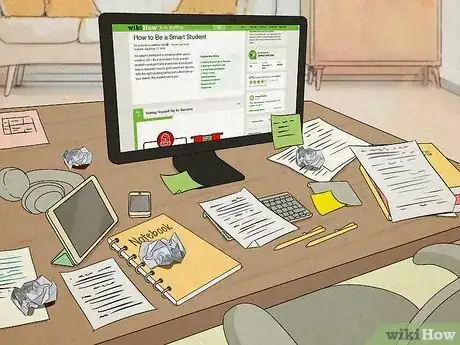
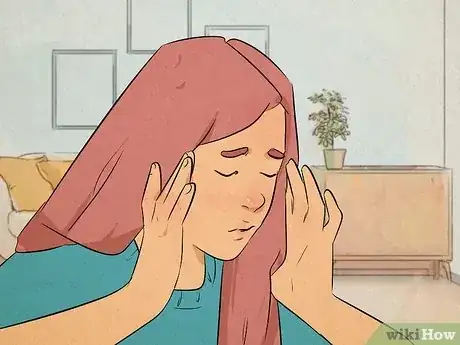


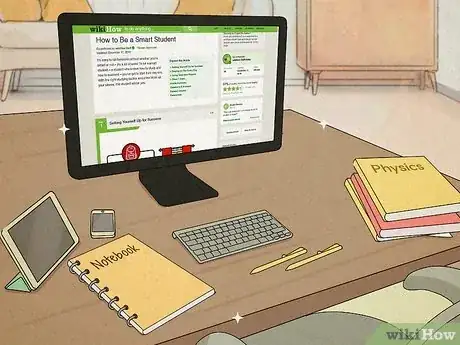
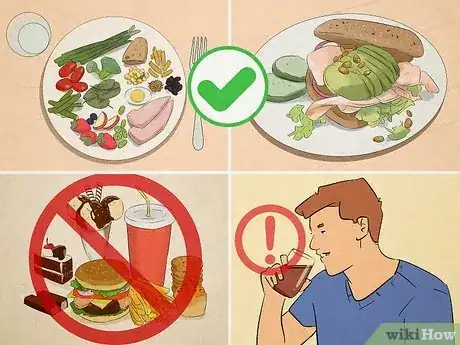


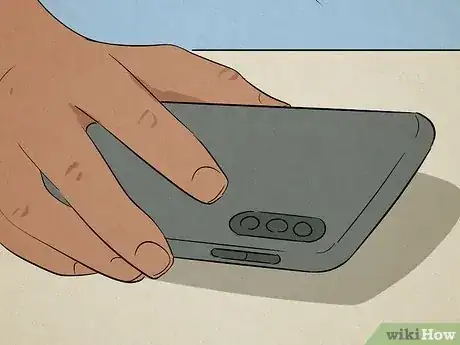

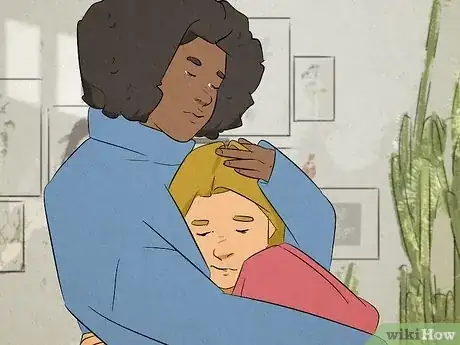





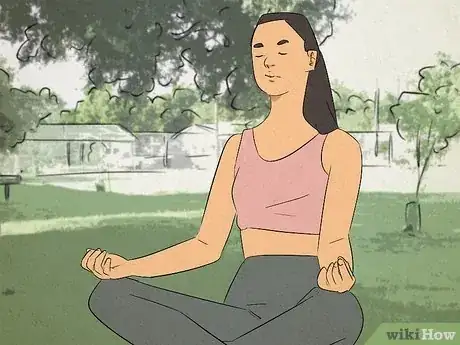




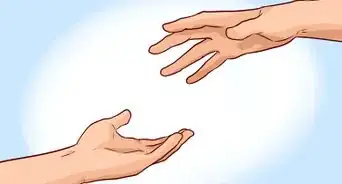






-Step-9.webp)
















































Medical Disclaimer
The content of this article is not intended to be a substitute for professional medical advice, examination, diagnosis, or treatment. You should always contact your doctor or other qualified healthcare professional before starting, changing, or stopping any kind of health treatment.
Read More...